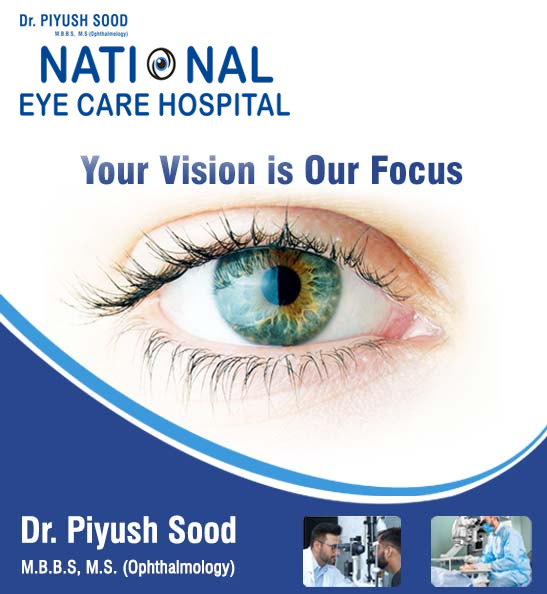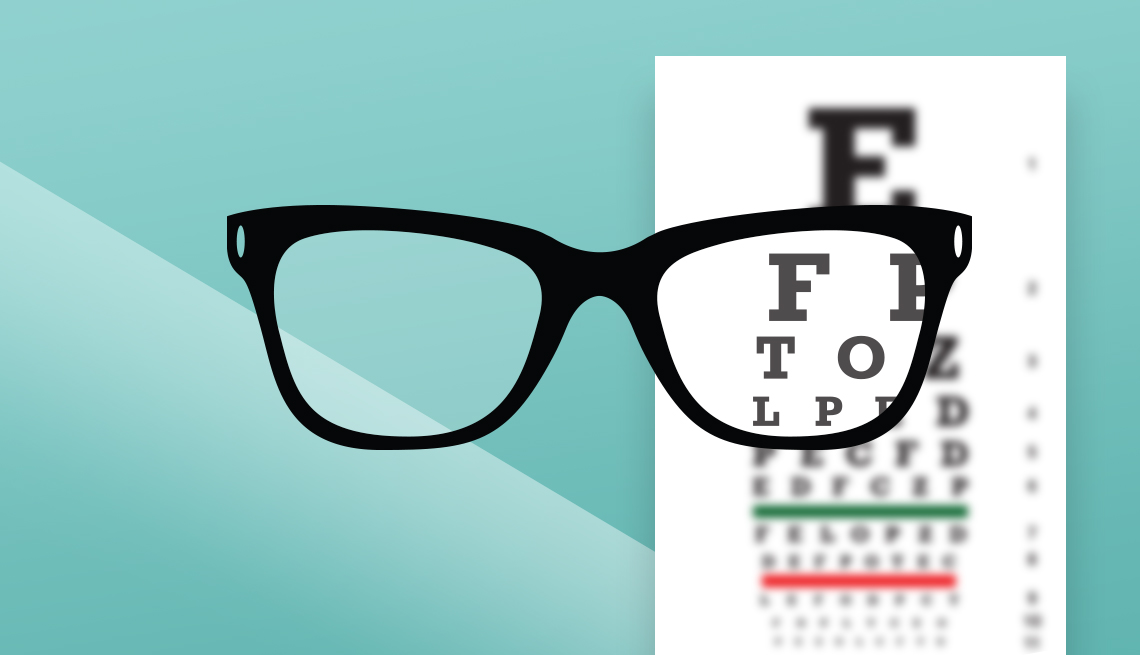Top Cardiologist in Andalusia: Specialist Heart Care at Your Local Center
Top Cardiologist in Andalusia: Specialist Heart Care at Your Local Center
Blog Article
Is Refractive Surgical Procedure Right for You? Variables to Take Into Consideration for Better Eyecare
In the realm of eye care, the choice to undertake refractive surgery is a weighty one that demands thoughtful factor to consider. As individuals look for clearness and liberty from the restrictions of rehabilitative lenses, various aspects come into play when figuring out the suitability of such a treatment. From the intricacies of one's eye health to the complexities of individual expectations and daily habits, each aspect holds importance in the broader landscape of refractive surgical procedure candidacy. By examining these crucial components with treatment and precision, a clearer path in the direction of notified decision-making emerges.
Eye Health Evaluation
When considering refractive surgical procedure, a detailed eye wellness analysis is important to analyze the viability of the treatment for each and every person. cardiologist andalusia. This evaluation involves a collection of evaluations and tests performed by an eye care professional to establish the general health of the eyes, the presence of any kind of hidden problems, and the security of the refractive mistake
Throughout the examination, numerous aspects are considered, such as the individual's case history, existing eye prescription, corneal density, student size, and tear film top quality. These assessments aid to identify any contraindications to refractive surgical treatment, such as corneal abnormalities, cataracts, or without treatment eye infections. Additionally, the examination aids to manage patient assumptions relating to the potential end results of the surgical treatment based upon their distinct eye features.
Ultimately, the eye health analysis is essential in making certain the security and efficiency of refractive surgical treatment, as it offers valuable understandings into the individual's eye health and wellness standing and aids figure out one of the most ideal treatment options for achieving optimum aesthetic end results. (andalusia pediatrics)
Way Of Life Evaluation
A detailed way of life analysis is indispensable in figuring out the viability of refractive surgical treatment for a person's visual correction needs. Way of life elements such as profession, pastimes, and daily tasks play an essential function in the decision-making process concerning refractive surgical treatment.
Furthermore, way of living routines such as sporting activities involvement, outdoor tasks, or even skin care routines can affect the healing procedure and total success of refractive surgical procedure. By performing an extensive lifestyle analysis, eye treatment professionals can customize their suggestions and treatment plans to satisfy the one-of-a-kind demands of each client, ultimately leading to enhanced aesthetic outcomes and contentment.
Expectation Positioning

Setting sensible assumptions involves complete pre-operative conversations in between the eye doctor and the individual. The cosmetic surgeon ought to transparently communicate the possible threats, benefits, and constraints of the treatment (eye center andalusia). People require to understand that while several individuals attain 20/20 vision or much better complying with refractive surgical treatment, some might still need glasses for particular tasks like analysis or driving at night. Managing these assumptions helps avoid frustration and dissatisfaction post-surgery, causing a more favorable general experience for the client.
Risk Evaluation

Factors that might enhance the risk of issues include age, certain clinical problems like autoimmune conditions, unstable vision prescription, slim corneas, and unrealistic individual assumptions. In addition, picking a seasoned and proficient doctor, following pre and post-operative care guidelines diligently, and disclosing any type of appropriate medical history can assist alleviate threats.
To decrease the likelihood of difficulties, ophthalmologists carry out thorough pre-operative analyses to identify any type of contraindications to surgical procedure. They additionally talk about the potential risks and benefits with patients throughout the examination process. By participating in open communication and shared decision-making, both the eye doctor and the patient can collaborate to identify if refractive surgical procedure is the ideal selection based on individual risk accounts and preferred end results.
Appointment Value
Taking into consideration the critical function of informed decision-making in analyzing threats and prospective difficulties in refractive surgical treatment, the consultation procedure holds significant importance in leading patients in the direction of ideal outcomes. During the appointment, the ophthalmologist examines the patient's eye health and wellness, refractive errors, and overall suitability for surgical treatment. This preliminary assessment is critical in identifying the most ideal procedure for each and every individual, taking into consideration factors such as corneal density, student dimension, and existing eye problems.
Furthermore, the appointment acts as a possibility for patients to discuss their expectations, issues, and any type of concerns they may have relating to the surgery. Clear interaction in between the patient and the specialist is important to ensure reasonable assumptions and a detailed understanding of the prospective threats and advantages included.
In addition, the consultation enables the specialist to from this source discuss the different surgical alternatives offered, their particular results, and the post-operative care required. This detailed discussion encourages individuals to make well-informed decisions about their eye treatment, resulting in better satisfaction and results post-surgery.
Conclusion
Finally, individuals considering refractive surgical treatment must undertake a detailed eye health analysis, assess their lifestyle behaviors, align their expectations with possible results, evaluate the associated threats, and prioritize examinations with eye care experts. These elements play a critical duty in establishing the viability of refractive surgical procedure for each person, ensuring optimal results and satisfaction with the treatment.
Clients considering refractive surgical treatment commonly have high assumptions explanation pertaining to the end results, anticipating excellent vision without the need for glasses or call lenses. While refractive surgical treatment can substantially boost vision and lower dependency on visual help, it is crucial for individuals to recognize that outcomes may differ based on individual factors such as the level of refractive error, corneal density, and general eye wellness.
By engaging in open interaction and shared decision-making, both the eye doctor and the client can function together to identify if refractive surgical treatment is the appropriate selection based on individual danger accounts and wanted end results.
Considering the crucial function of informed decision-making in evaluating threats and potential problems in refractive surgical procedure, the appointment process holds substantial relevance in directing clients in the direction of ideal results. Throughout the appointment, the ophthalmologist more examines the individual's eye health, refractive mistakes, and overall suitability for surgical procedure.
Report this page